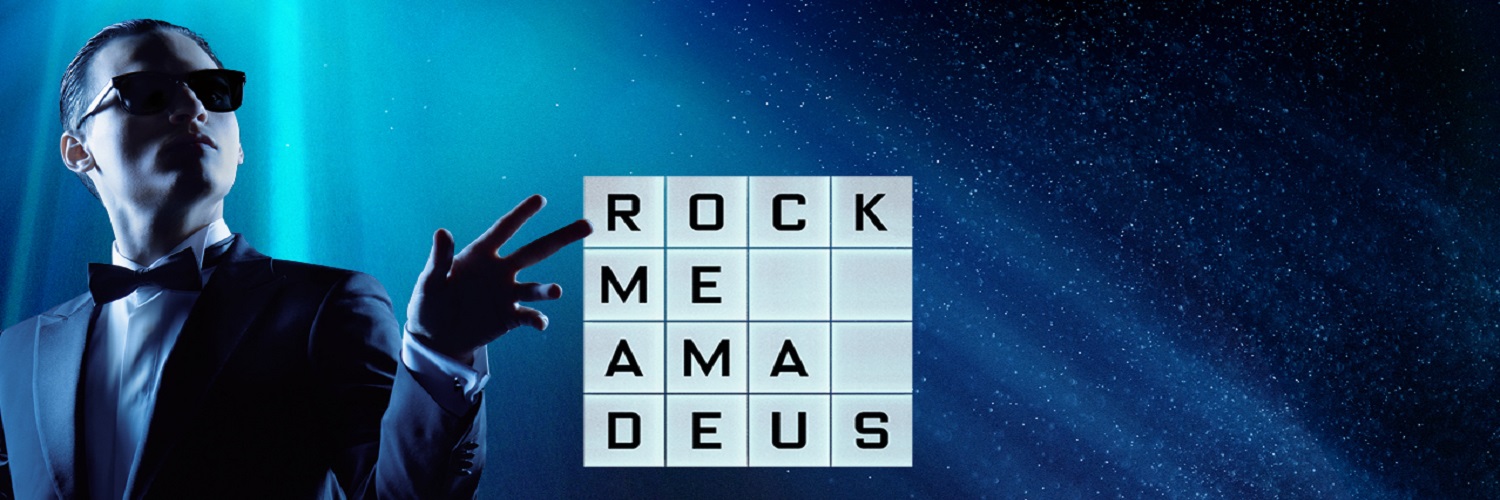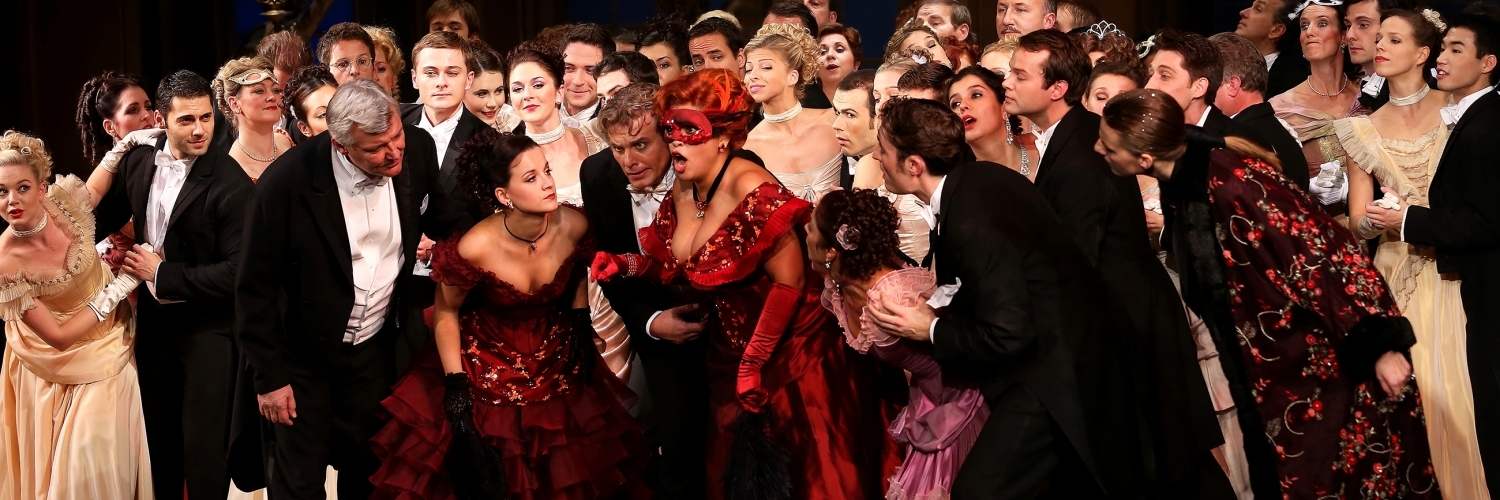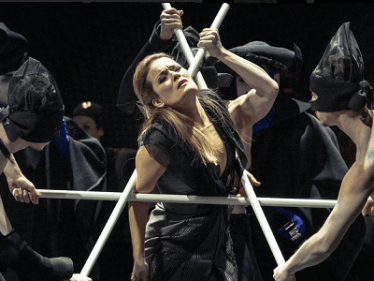Turandot - Schedule, Program & Tickets
Turandot
National Theater Choir
National Theater Orchestra
National Theater Opera Ballet
Kühn Choir Prague
Prague Philharmonic Children's Choir
Giacomo Puccini's last opera Turandot can be considered the "last of the Mohicans" of the golden age of Italian romanticism. However, the composer, the greatest of Verdi's heirs, did not remain stuck in this tradition, boldly developing it further and enriching it with the flavors of the new artistic styles emerging in the late 19th and early 20th centuries. Consequently, his Turandot, written between 1921 and 1924, does not show many romantic traits.
Puccini based the opera on the commedia dell'arte play of the same name by Carlo Gozzi, an author greatly admired by avant-garde artists of the early 20th century. The theme comes from Persia or Mongolia, whose cultures were admired above all by adherents of the decorative style, while the story of the libretto is set in medieval Beijing and emphasizes fairy-tale or rather mythological elements favored by the symbolists. The romantic opera's theme of passionate love is cloaked in mysterious motifs of ice, fire and the moon, while an enigmatic erotic flame blazes along with intense, unrelenting hatred that we'd rather expect in works inspired by decadence or psychoanalysis .
But all that gives Turandot the trademark of romantic opera, despite its modernity, is Puccini's musical language, which also includes many "eccentric" facets - from oriental paraphrases to a brutal orchestral sound, dissonant harmonies to wildly complex choral and ensemble scenes - but what prevails is Puccini's masterful melodic invention, in the spirit of the legacy of his great Italian operatic predecessors, yet utterly original - by and large Puccinian.
Subject to change.
National Theater Orchestra
National Theater Opera Ballet
Kühn Choir Prague
Prague Philharmonic Children's Choir
Giacomo Puccini's last opera Turandot can be considered the "last of the Mohicans" of the golden age of Italian romanticism. However, the composer, the greatest of Verdi's heirs, did not remain stuck in this tradition, boldly developing it further and enriching it with the flavors of the new artistic styles emerging in the late 19th and early 20th centuries. Consequently, his Turandot, written between 1921 and 1924, does not show many romantic traits.
Puccini based the opera on the commedia dell'arte play of the same name by Carlo Gozzi, an author greatly admired by avant-garde artists of the early 20th century. The theme comes from Persia or Mongolia, whose cultures were admired above all by adherents of the decorative style, while the story of the libretto is set in medieval Beijing and emphasizes fairy-tale or rather mythological elements favored by the symbolists. The romantic opera's theme of passionate love is cloaked in mysterious motifs of ice, fire and the moon, while an enigmatic erotic flame blazes along with intense, unrelenting hatred that we'd rather expect in works inspired by decadence or psychoanalysis .
But all that gives Turandot the trademark of romantic opera, despite its modernity, is Puccini's musical language, which also includes many "eccentric" facets - from oriental paraphrases to a brutal orchestral sound, dissonant harmonies to wildly complex choral and ensemble scenes - but what prevails is Puccini's masterful melodic invention, in the spirit of the legacy of his great Italian operatic predecessors, yet utterly original - by and large Puccinian.
Subject to change.
15
Fr 19:00
Turandot
Giacomo Puccini
Giacomo Puccini
- Not available -






